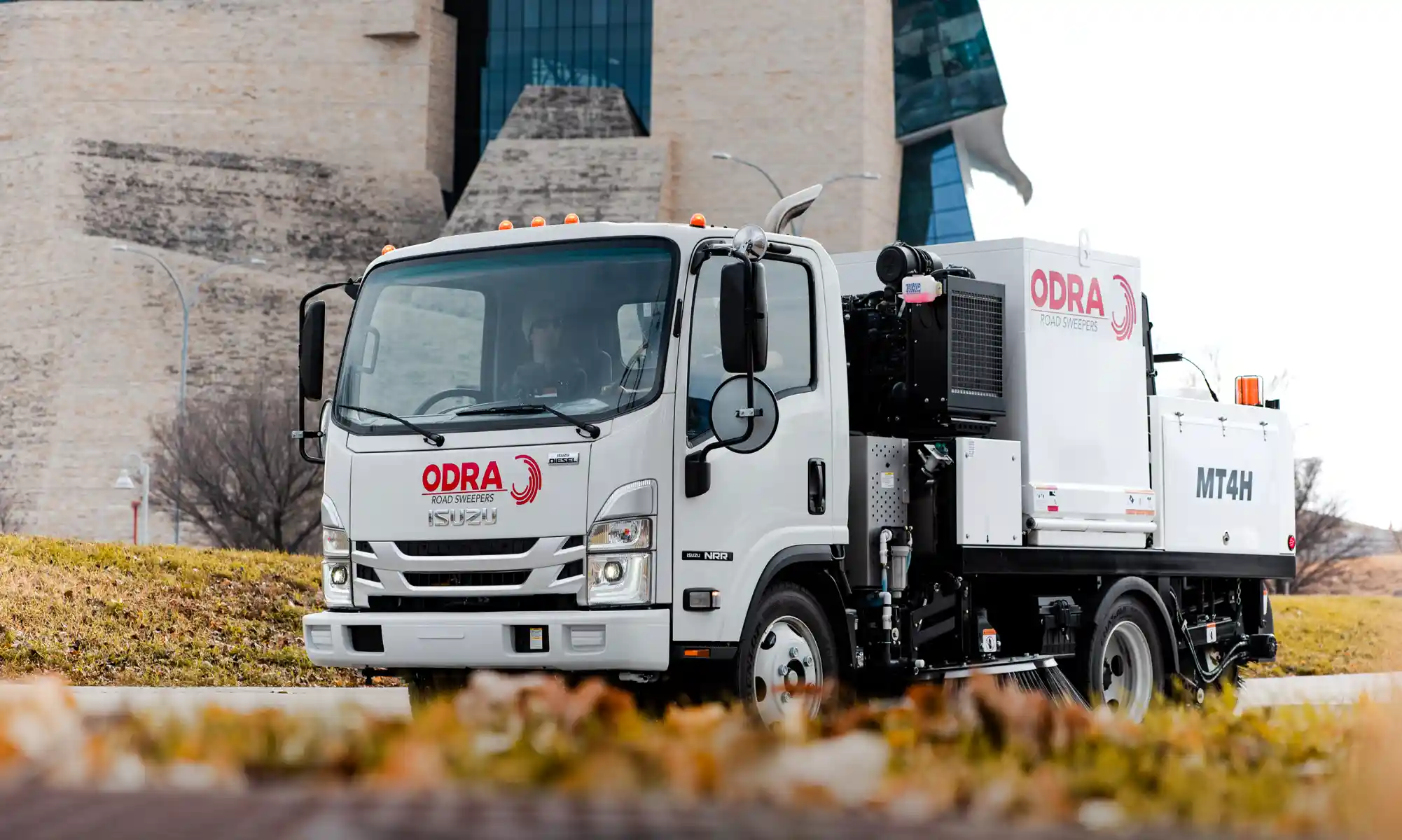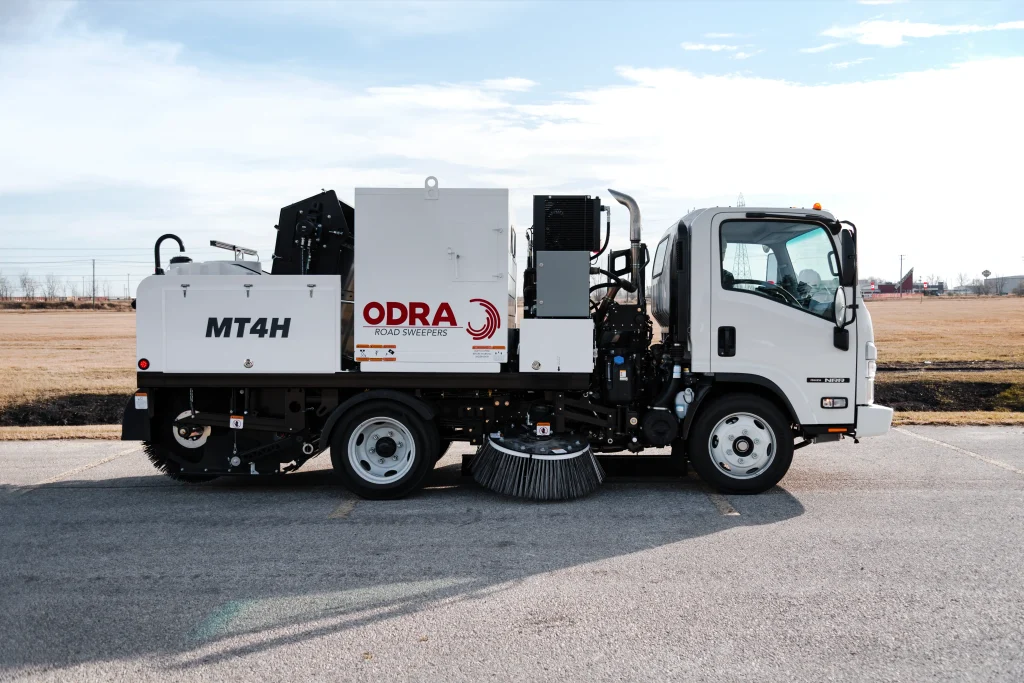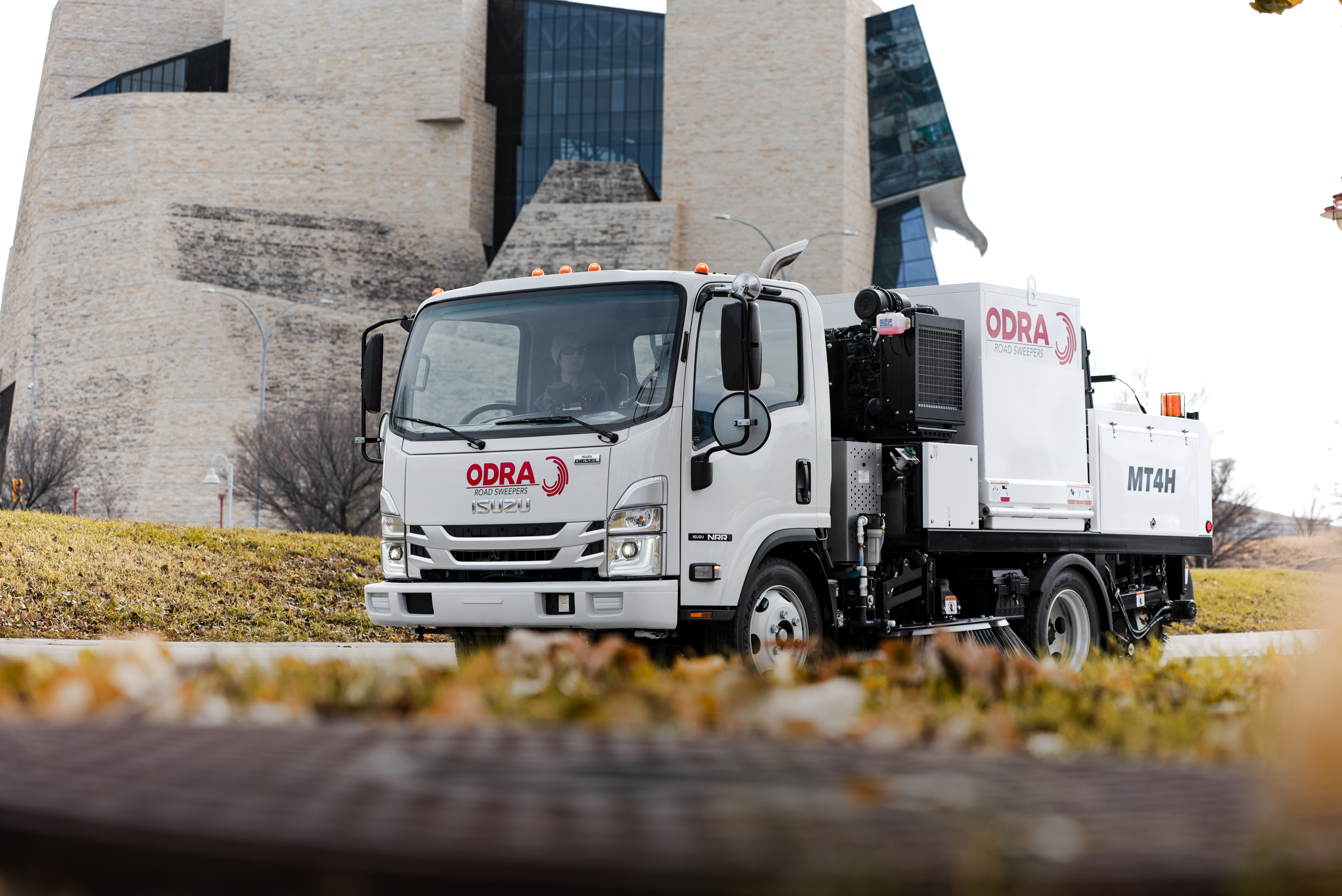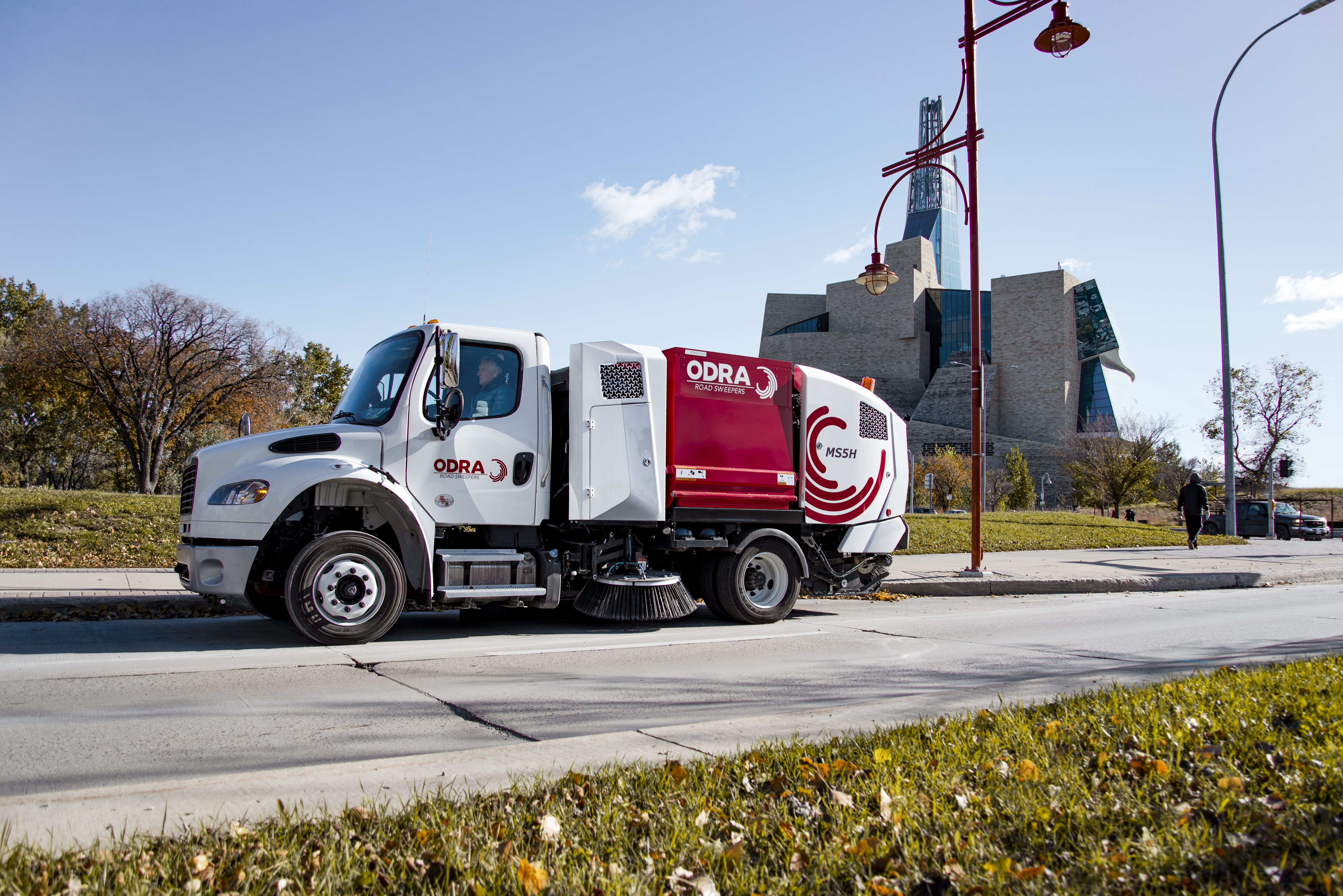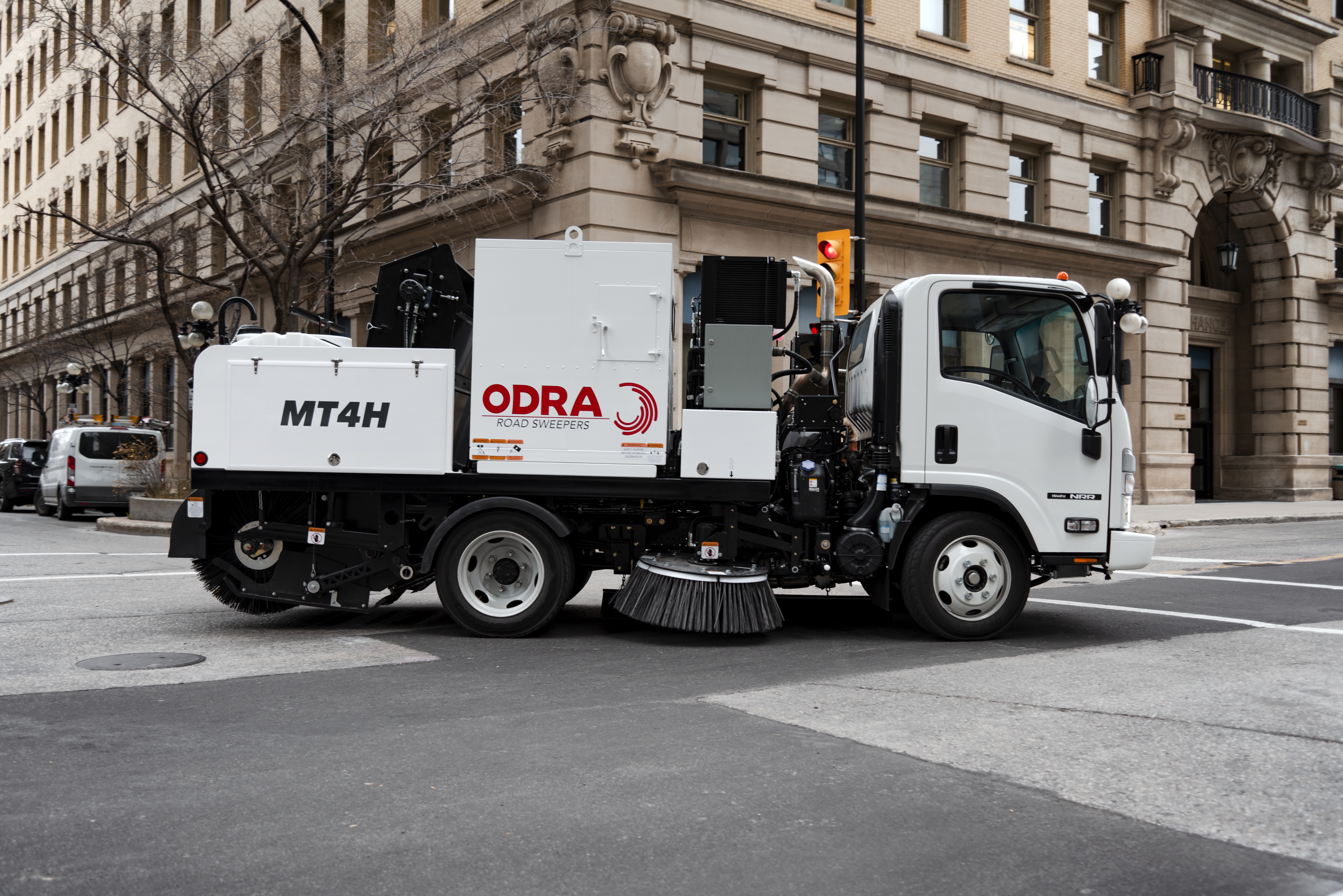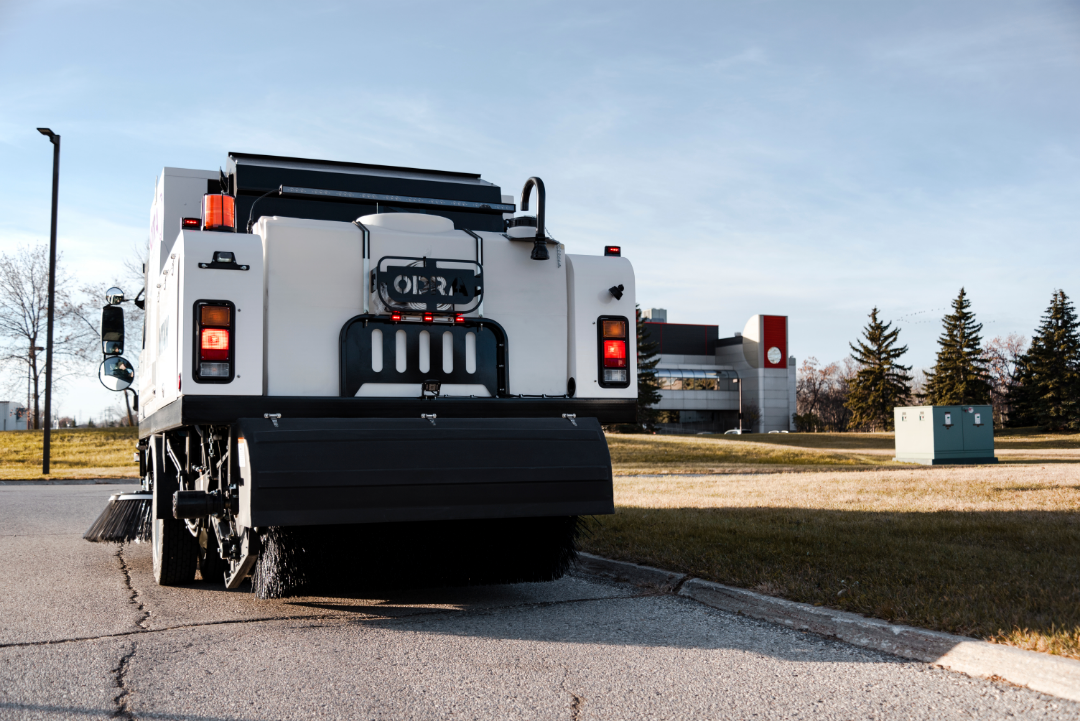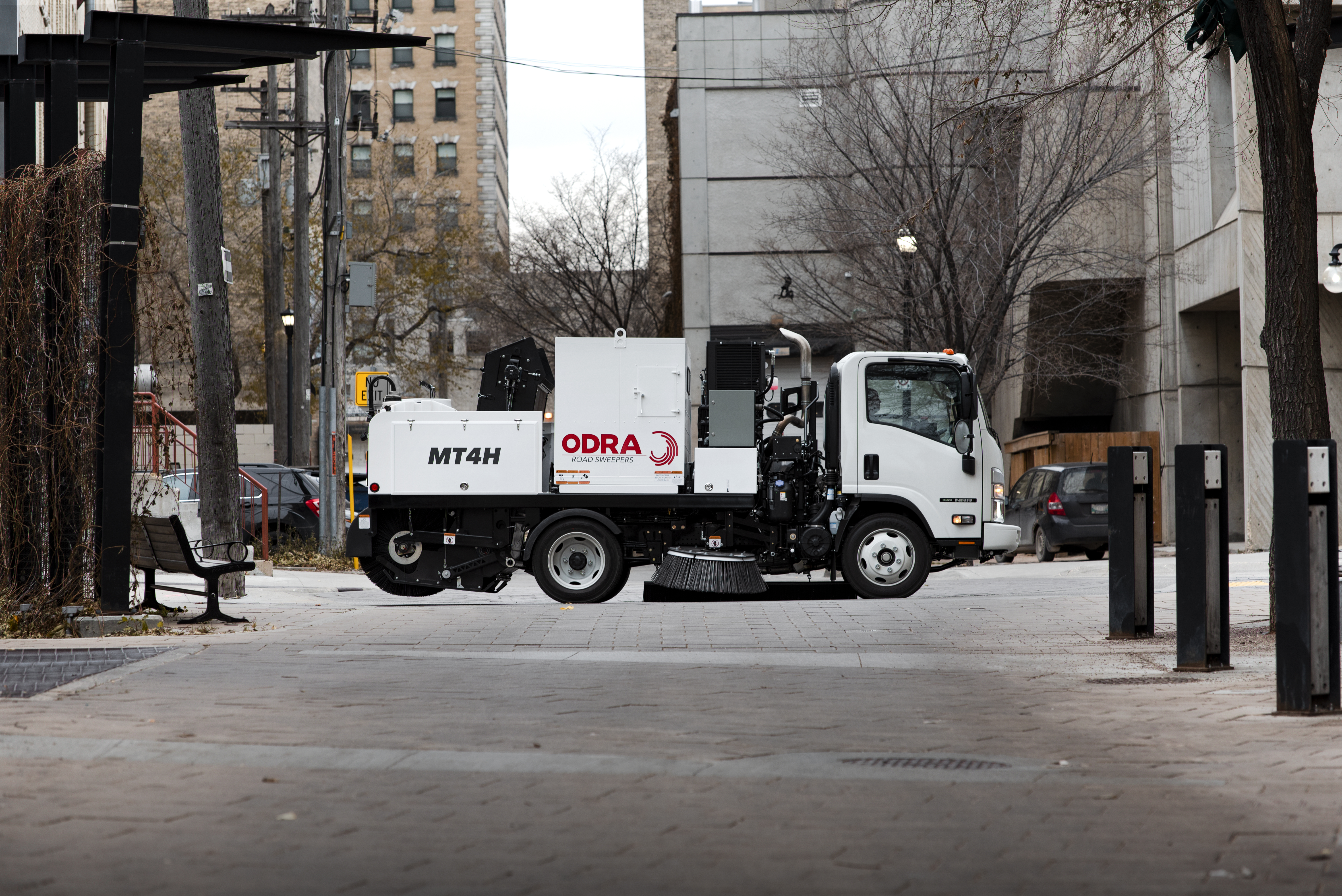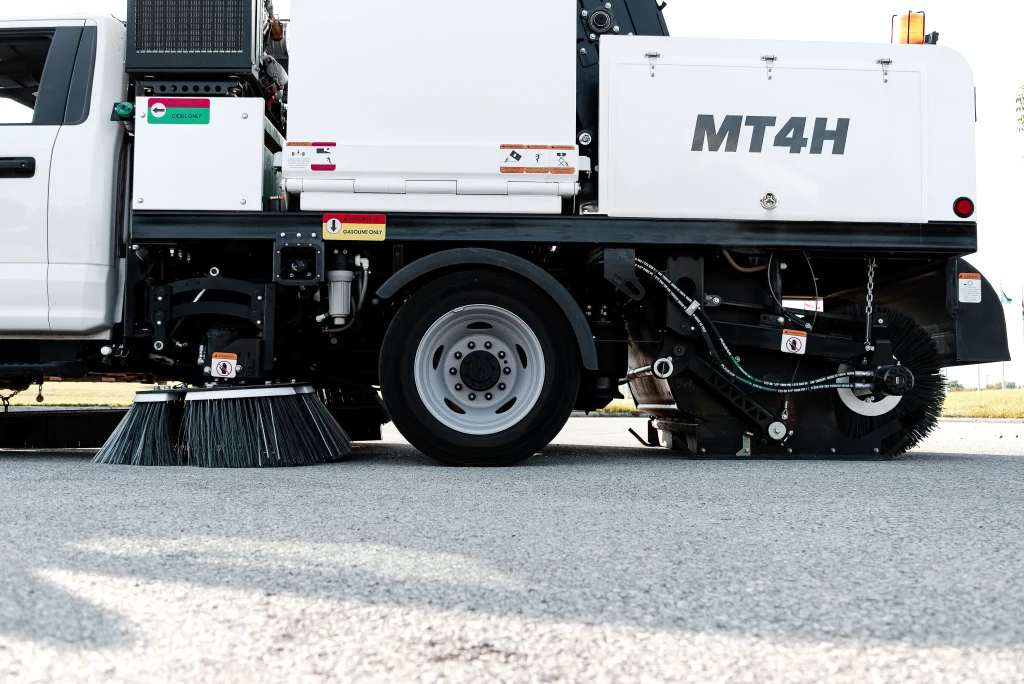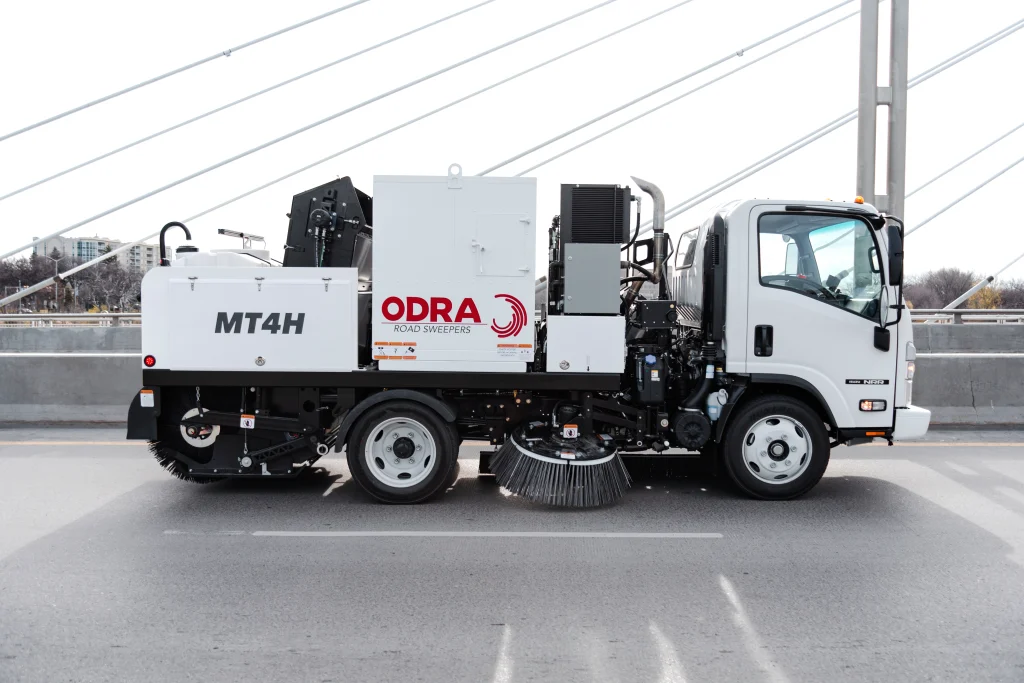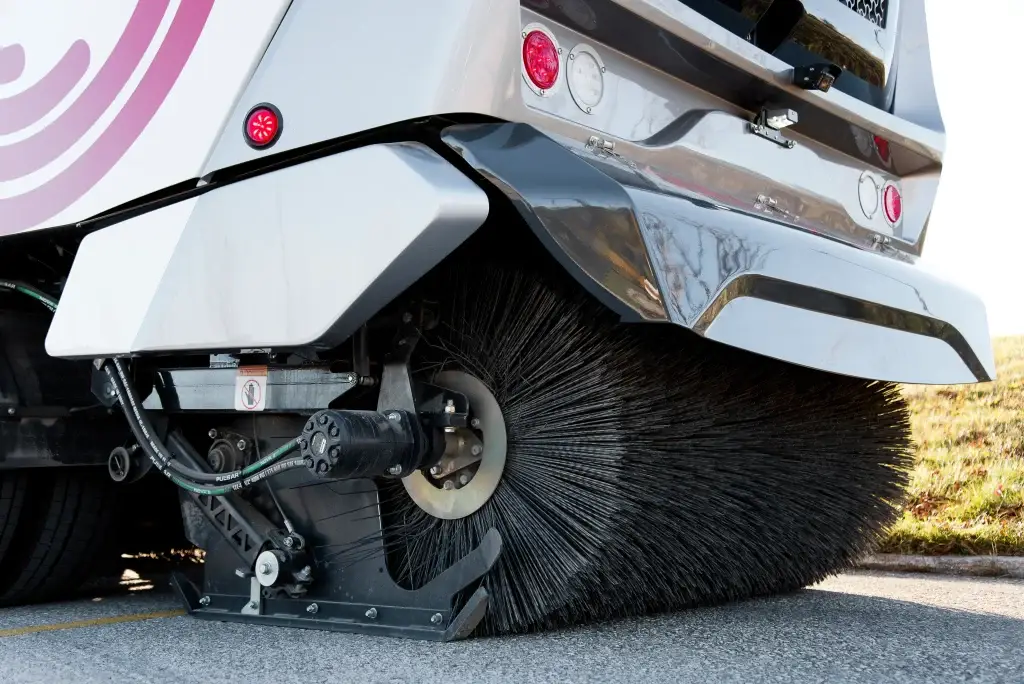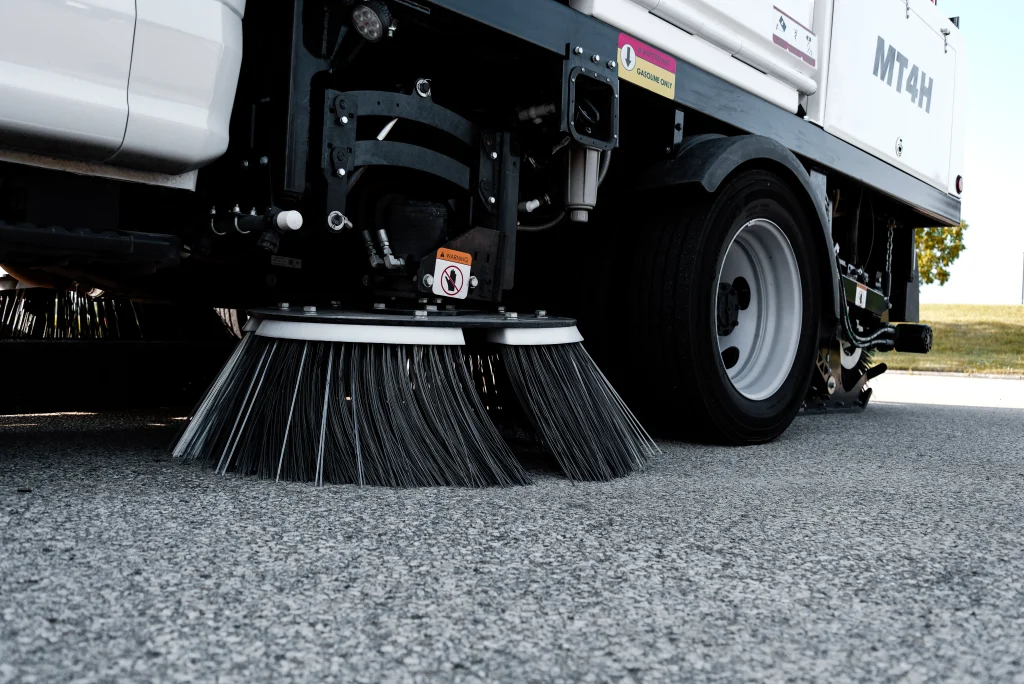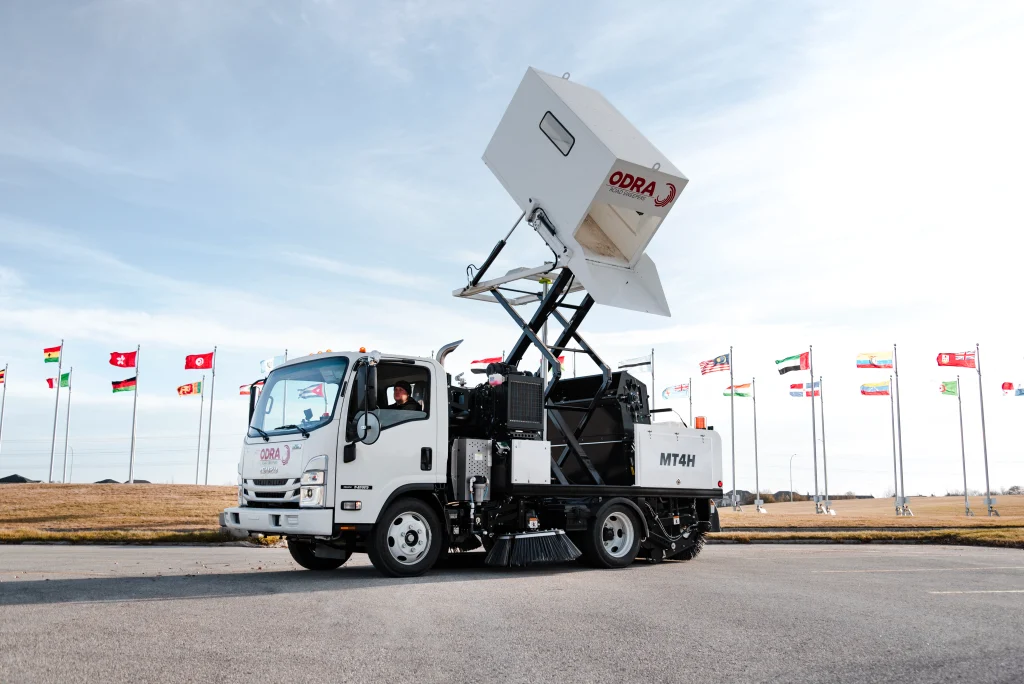Innovative Technologies in Road Sweeping Equipment
Introduction
Road sweepers and
street sweepers play a vital role in maintaining clean, safe, and attractive urban environments. As cities grow and technology advances, the road
sweeping industry has seen significant innovations that enhance efficiency, performance, and environmental sustainability. This blog explores the latest innovative technologies in
road sweeping equipment , focusing on the advancements that are shaping the future of urban cleanliness.
Advanced Cleaning Mechanisms
Mechanical Broom Sweepers

Mechanical broom sweepers have been a cornerstone of street cleaning for decades. Recent innovations in brush design and materials have significantly improved their performance. Modern brushes are now made from durable synthetic materials that provide better debris pickup and longer lifespans. Additionally, adjustable broom angles and enhanced hydraulic systems allow for more efficient sweeping on various surfaces.
Vacuum Sweepers
Vacuum sweepers use powerful suction to collect fine dust and debris. The latest models feature advancements in suction power and efficiency, making them more effective at removing small particles that traditional sweepers might miss. Enhanced vacuum technology also reduces the noise levels, making these sweepers more suitable for urban areas where noise pollution is a concern.
Regenerative Air Sweepers
Regenerative air sweepers use blasts of air to dislodge and collect debris. The newest models incorporate advanced air flow designs that maximize debris pickup while minimizing dust generation. These sweepers are particularly effective on uneven surfaces and in areas with heavy debris accumulation, providing a thorough and environmentally friendly cleaning solution.
Smart Sensors and Automation
GPS and Telematics

GPS technology and telematics systems have revolutionized route optimization for
street sweepers. By mapping out the most efficient routes, these systems reduce fuel consumption and operational time. Telematics also allows for real-time tracking of sweeper locations and performance, enabling better fleet management and quicker response times to urgent cleaning needs.
Environmental Technologies
Electric and Hybrid Sweepers
Electric and hybrid street sweepers are gaining popularity due to their reduced environmental impact. Electric sweepers produce zero emissions, making them ideal for use in areas with strict air quality regulations. Hybrid models, which combine traditional engines with electric motors, offer a balance of power and efficiency, reducing fuel consumption and emissions.
Dust Control and Filtration Systems
Dust control is a critical aspect of
road sweeping. Advanced filtration systems have been developed to capture fine dust particles, preventing them from becoming airborne and contributing to air pollution.
When considering a sweeper’s ability to keep dust levels to a minimum, it’s important to check that the sweeper is compliant with PM10 (Rule 1186), a standard set by the EPA outlining the maximum acceptable level of particle matter released. For example, the
ODRA MT4H® , which is a mechanical road sweeper, is PM10 compliant thanks to a robust water spray system that allows for increased dust control.
Data and Connectivity
Real-Time Monitoring
Real-time data collection and monitoring systems provide valuable insights into sweeper performance. These systems can track various metrics, such as fuel consumption, sweeping efficiency, and maintenance needs. By analyzing this data, operators can make informed decisions to optimize performance and reduce operational costs.
Data Analytics for Maintenance and Efficiency
Data analytics tools are increasingly used to predict maintenance needs and enhance efficiency. Predictive maintenance helps identify potential issues before they become major problems, reducing downtime and repair costs. Additionally, data analytics can optimize sweeper routes and schedules, ensuring that resources are used effectively.
Ergonomic and User-Friendly Designs
Improved Operator Controls
Innovations in control systems have made
modern street sweepers easier to operate. Intuitive controls and ergonomic designs reduce operator fatigue and improve productivity. Features such as adjustable seats, user-friendly interfaces, and automated functions contribute to a more comfortable and efficient working environment.
User Interfaces and Dashboards
Advanced user interfaces and dashboards provide operators with real-time information about the sweeper’s performance and status. These interfaces often include touchscreen displays, customizable settings, and detailed diagnostics, allowing operators to monitor and adjust the sweeper’s operation with ease.
Case Studies and Real-World Applications
Successful Implementation of Innovative Technologies
Cities and companies worldwide have successfully implemented innovative road sweeping technologies. For example, San Francisco has adopted electric sweepers to meet its stringent environmental standards, while New York City uses GPS-enabled sweepers for optimized route management. These case studies demonstrate the practical benefits of adopting advanced
street sweeping technologies.
Feedback from Operators and Municipalities
Feedback from operators and municipalities highlights the advantages of
innovative road sweepers. Common praises include improved efficiency, reduced environmental impact, and enhanced safety features. Operators appreciate the ease of use and advanced control systems, while municipalities benefit from cleaner streets and lower maintenance costs.
Future Trends and Developments
Predicted Technological Advancements
The future of road sweeping technology looks promising, with several predicted advancements on the horizon. AI and machine learning are expected to play a significant role in improving autonomous sweeper capabilities. Battery technology will likely see improvements, leading to longer operational hours for electric sweepers.
Research and Development Focus Areas
Key areas of focus for research and development include further reducing emissions, enhancing dust control systems, and integrating more advanced AI for autonomous operation. Continued innovation in these areas will ensure that
road sweepers become even more efficient and environmentally friendly.
Conclusion
Innovative technologies in road sweeping equipment are transforming the industry, making street sweepers more efficient, environmentally friendly, and user-friendly. As cities continue to grow and environmental regulations become stricter, investing in advanced sweeping technologies will be crucial for maintaining clean and healthy urban environments.
Contact Our Team : Need assistance in choosing the right sweeper for your specific application? Our expert team is here to help! Reach out to us today for personalized guidance and recommendations. Let’s keep your streets clean and efficient!

